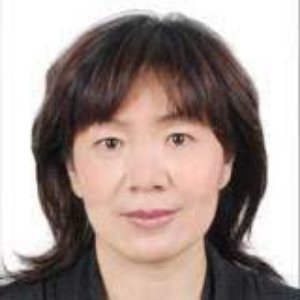Abstract:
Dendritic cell (DC)-based therapies have been introduced to treat cancer. In spite of pre-clinical promise, response in patients has been disappointing. Immunosuppressive molecules produced by tumour or host cells appear to be at least partially responsible for the poor outcome. Identification and blockade of tumour-derived immunosuppressive molecules is necessary to improve clinical efficacy. This study aims to investigate the role of macrophage inhibitory factor 1 (MIC-1) in DC-mediated immune suppression in melanoma and determine whether there is an improvement in the outcome of DC-therapy for melanoma when MIC-1 expression is inhibited. Here, we demonstrate that MIC-1 expressed in DCs inhibited DCs maturation and suppressed DC immune function by evidence that MIC-1 transgenic DCs or recombinant humanMIC-1 treated DCs expressed lower levels of co stimulatory molecules, signal 3 cytokine IL12 and proinflammatory cytokines IFN-γ, attenuated allogeneic T cell response, and generated more regulatory T cells. In contrast, lack of MIC1augmented immune responses of DCs. We also demonstrated that MIC-1 utilized TGFβ receptor II and suppressed the NFκB signalling pathway to exert its immune suppressive role. Moreover, administration of MIC-1 deficient DCs reduced tumour growth in melanoma bearing mice as compared with wild type of DCs. In conclusion, MIC-1 is a new target for improving anti-cancer effect of DC-based therapies.




